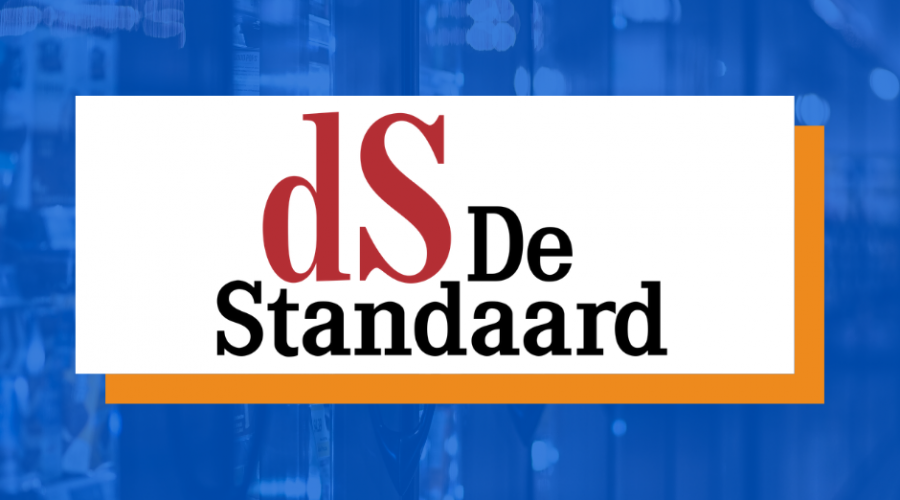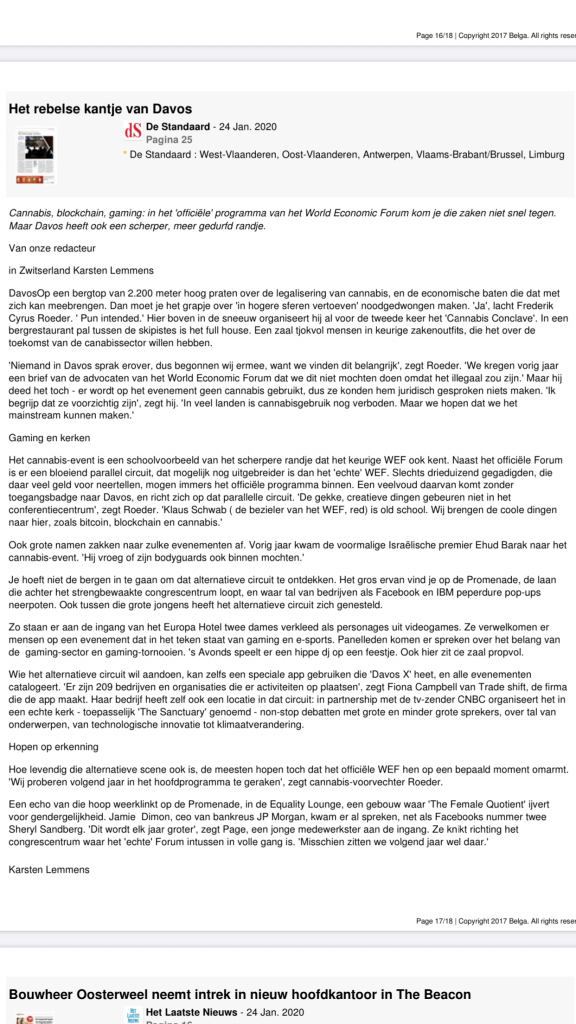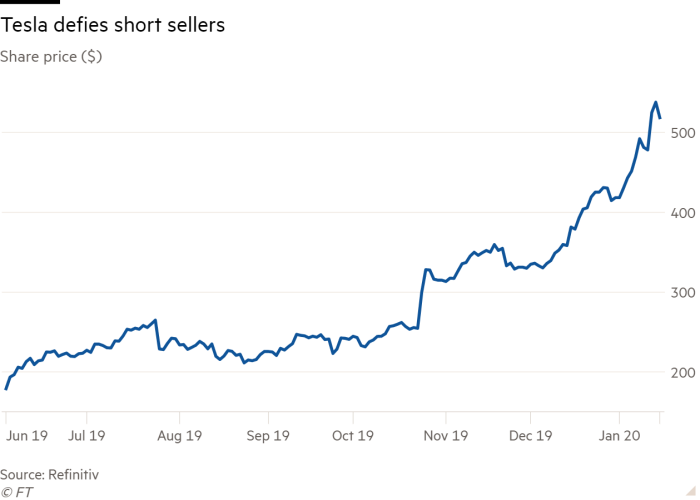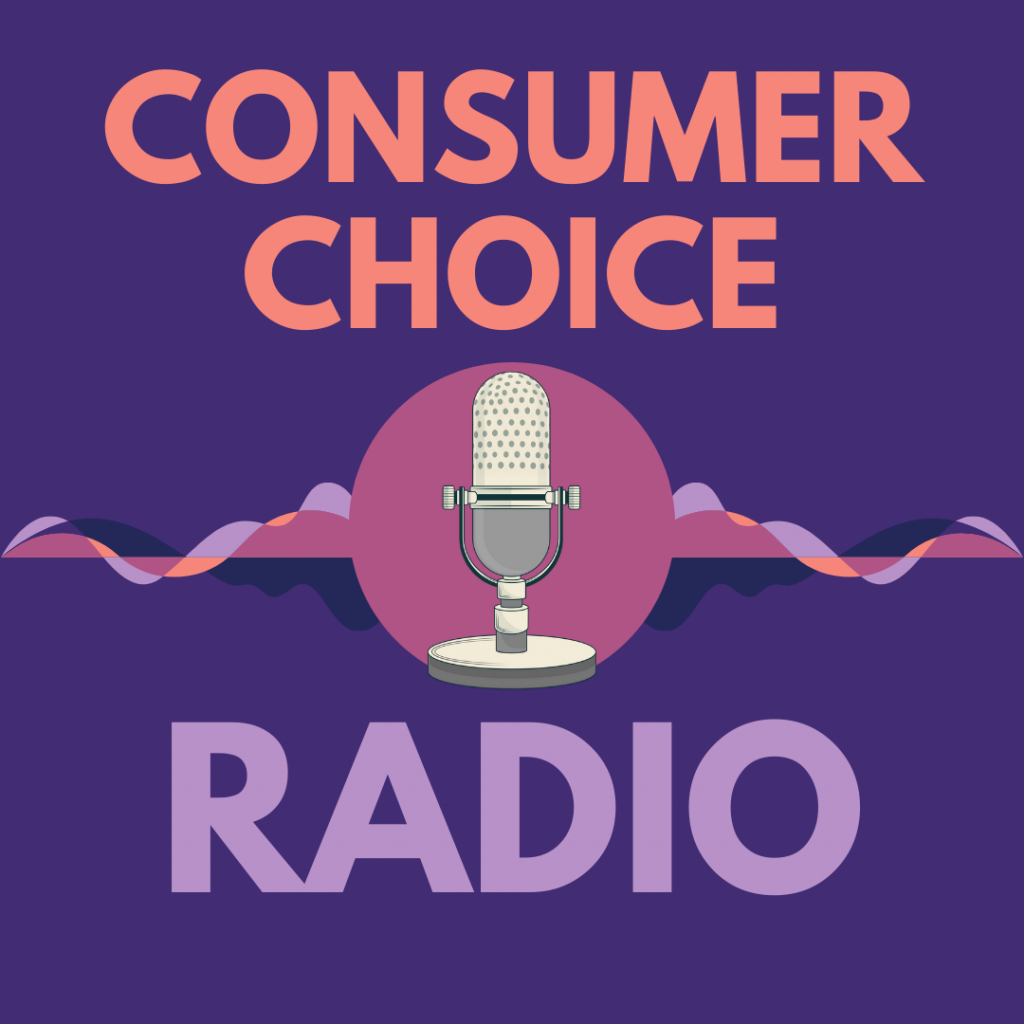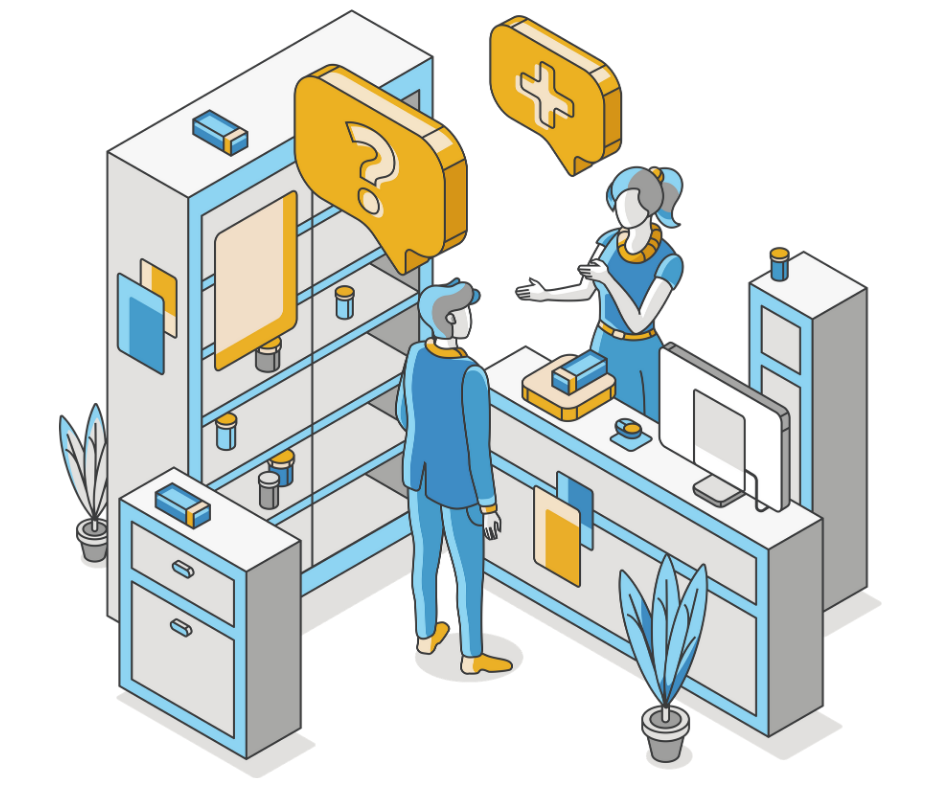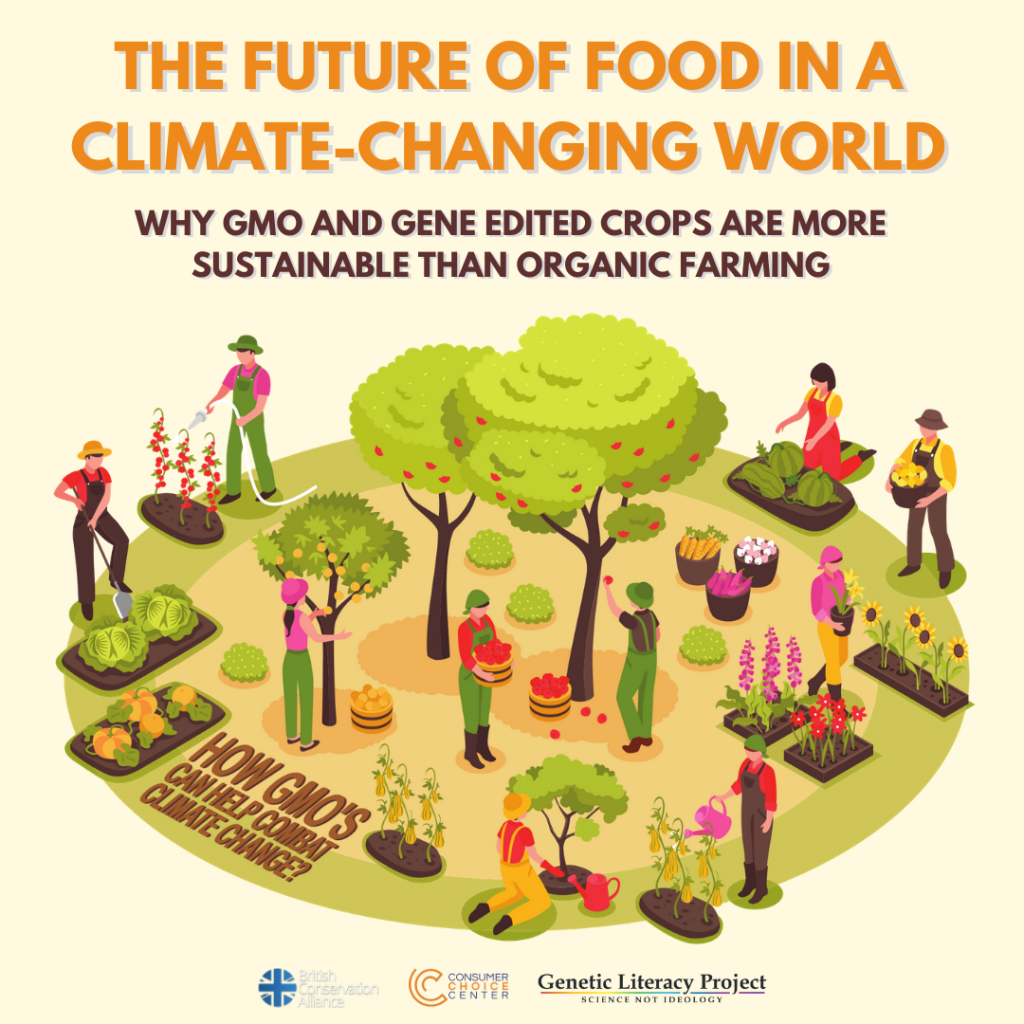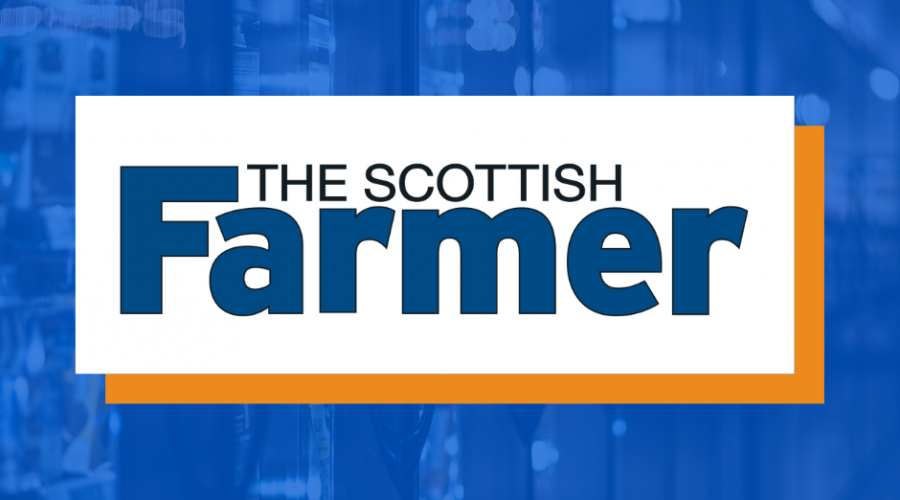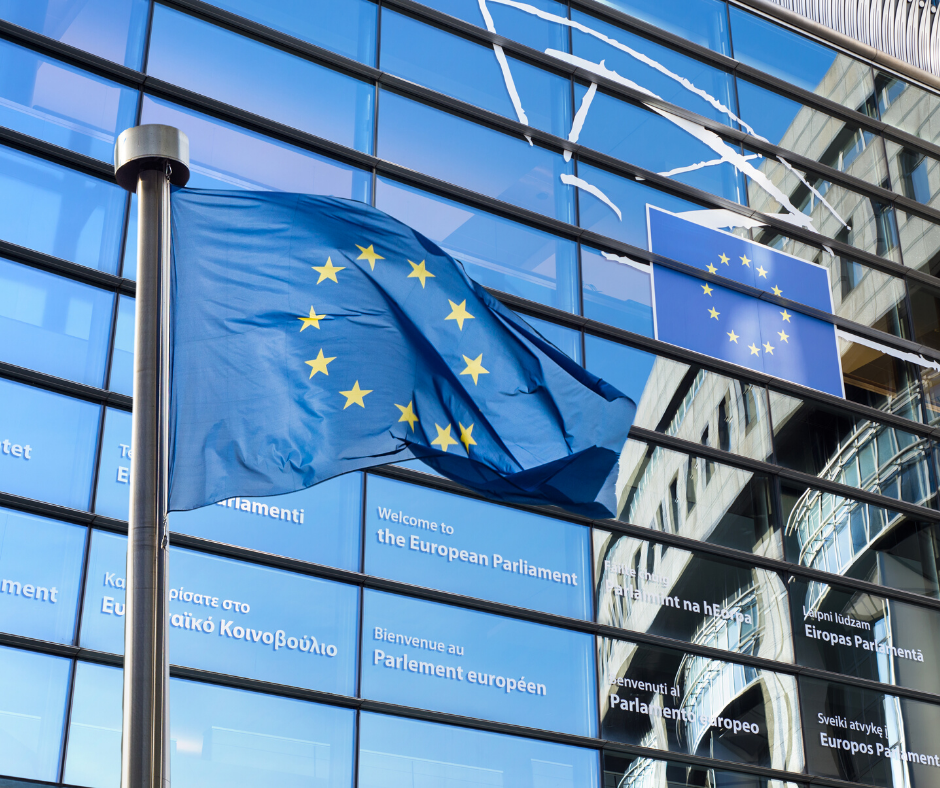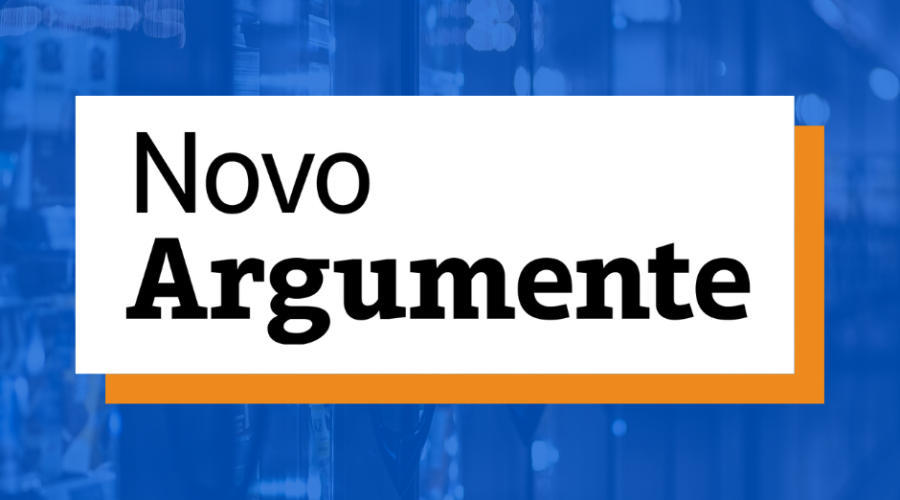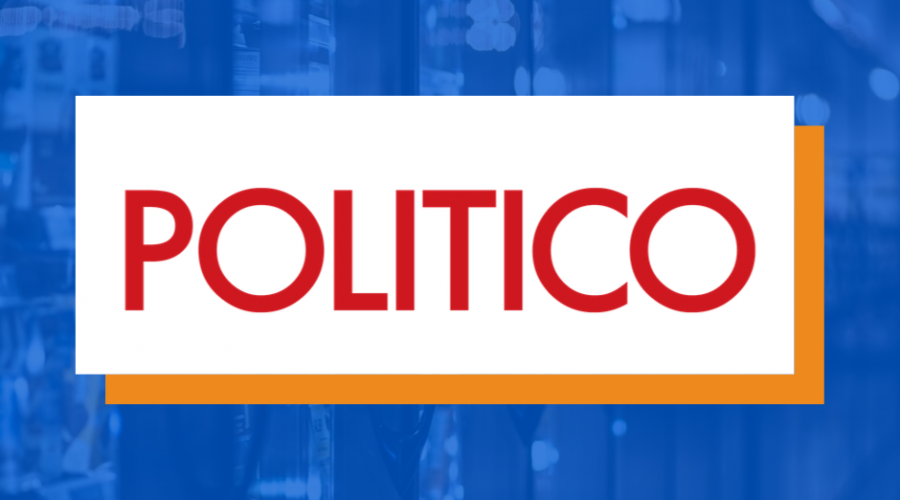Pot Industry Heads to Davos as Stocks Rebound: Cannabis Weekly
Tough times in the cannabis industry aren’t stopping its leaders from going to Davos.
For the second year in a row, there will be a Cannabis House in Davos, Switzerland this week alongside the schmoozing and speeches of the World Economic Forum. The 2020 offering promises to be “a little more formal and more professional” than last year’s, according to Jason Paltrowitz, executive vice president of corporate services at OTC Markets Group, one of the sponsors of the Cannabis House.
Cannabis House will feature a two-day conference focused on the themes of Davos 2020, including sustainability, climate change, social equity and impact investing.
The rout in pot stocks hasn’t dampened interest in the event, which will also include “a professional capital markets discussion,” Paltrowitz said.
The agenda has an international flavor, with speakers from Israel, Switzerland and Asia.
The goal is to get delegates from the World Economic Forum to pop in and learn about the industry, said Richard Carleton, chief executive officer of the Canadian Securities Exchange, another sponsor.
“What was particularly interesting to me last year was how many European institutional investors, everybody from family office managers, hedge funds, right up to some of the largest pension funds in the world” stopped by Cannabis House, Carleton said. “They hadn’t invested yet but were there to learn.”
Stock Rebound
Investors seemed to be in the mood to celebrate successes rather than punish failures last week.
Pot stocks ended the week significantly higher, with the BI Global Cannabis Competitive Peers Index up 15% and the Canadian-focused Horizons Marijuana Life Sciences Index ETF adding 18%, its biggest weekly increase since August 2018. The gains came despite Aphria Inc.’s earnings miss and cut to its full-year guidance, which sent its shares down 8.6% on Tuesday.
Instead, investors focused on positive results from Aphria’s smaller competitor Organigram Holdings Inc. Organigram’s U.S.-traded shares surged 45% Wednesday after it reported positive adjusted Ebitda and revenue that beat the highest analyst estimate. That sent the entire sector rallying, and even Aphria’s shares ended the week higher.
Given how fast investors have been to punish missteps in recent months, could this be a sign that the sector has bottomed out?
There are positive signs in the capital markets too, according to data from Viridian Capital Advisors. In the first two weeks of 2020, seven capital raises worth a total of $250 million were completed. Although the number of deals was lower than the 15 done in the first two weeks of 2019, the average deal size was more than 2.5 times bigger than the same period of last year, Viridian said.
Events This Week
MONDAY 1/20
- Cannabis House hosts “a global cannabis conversation” in Davos, Switzerland alongside the World Economic Forum, through Jan. 21
- U.S. markets closed for Martin Luther King Jr. Day
WEDNESDAY 1/22
- CannaWest addresses regulatory issues in the industry; the event runs in Los Angeles through Jan. 24
THURSDAY 1/23
- A one-day Cannabis Conclave will be held in Davos, Switzerland
Originally published here.

